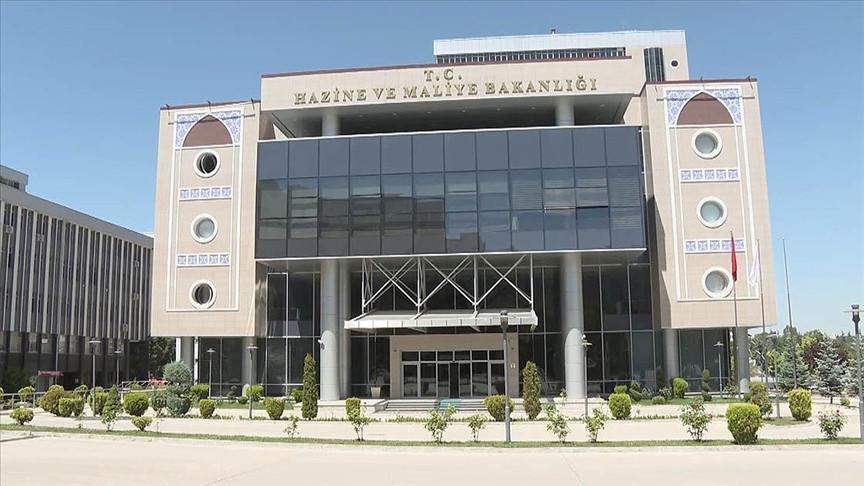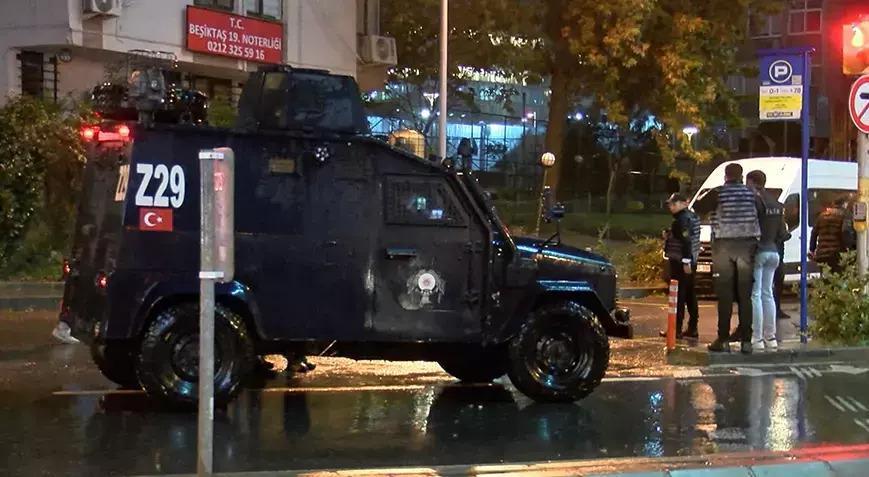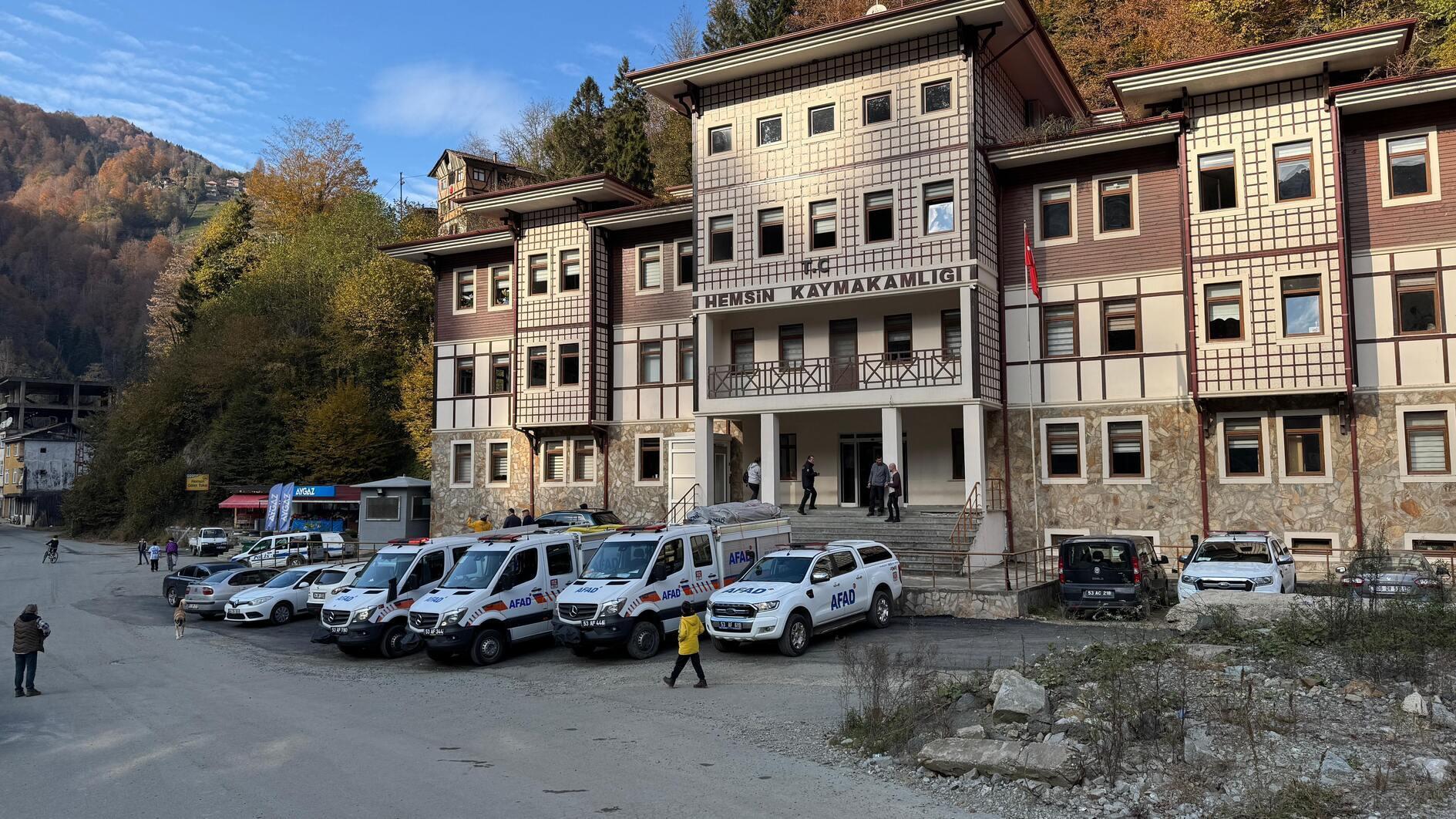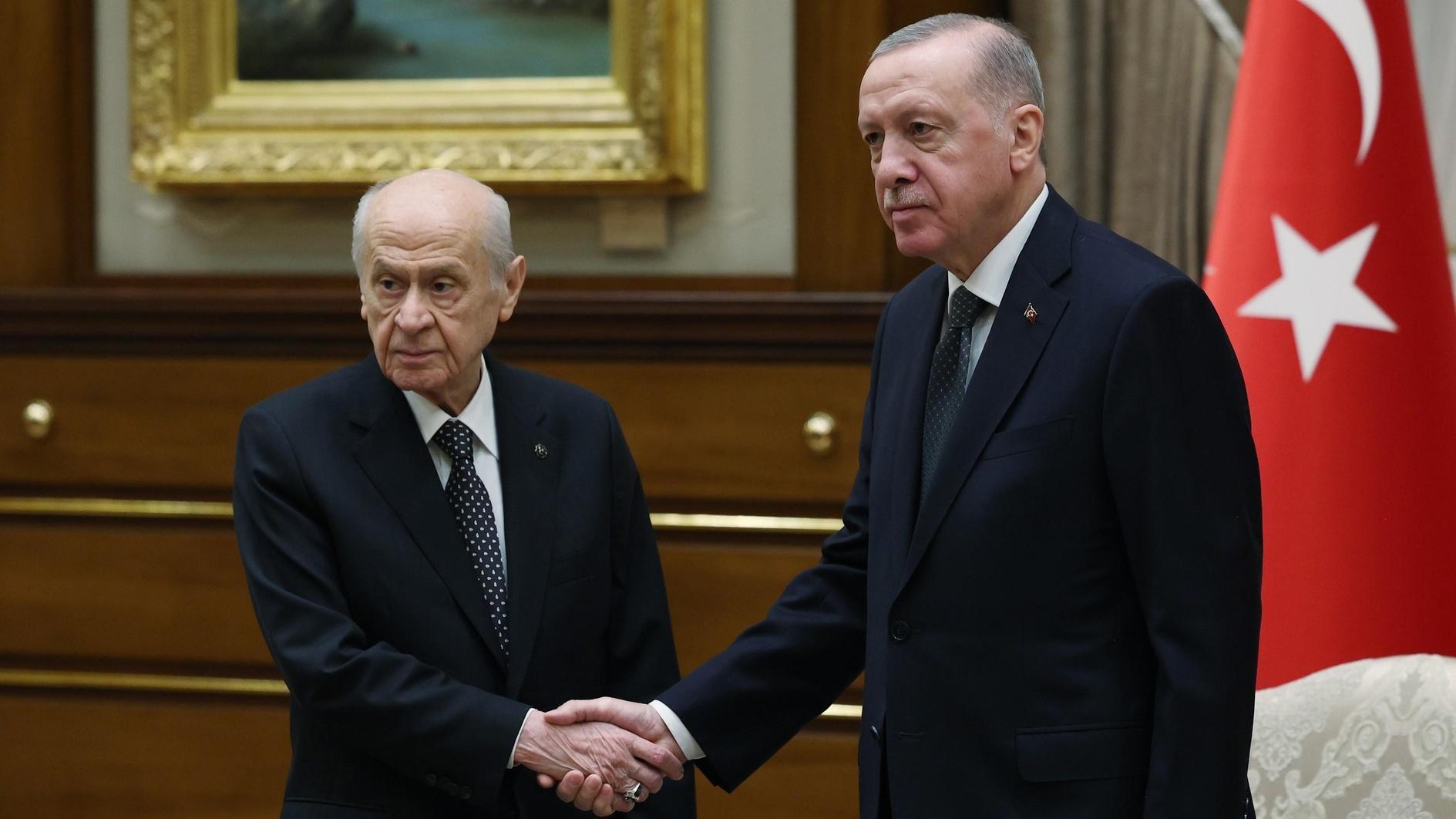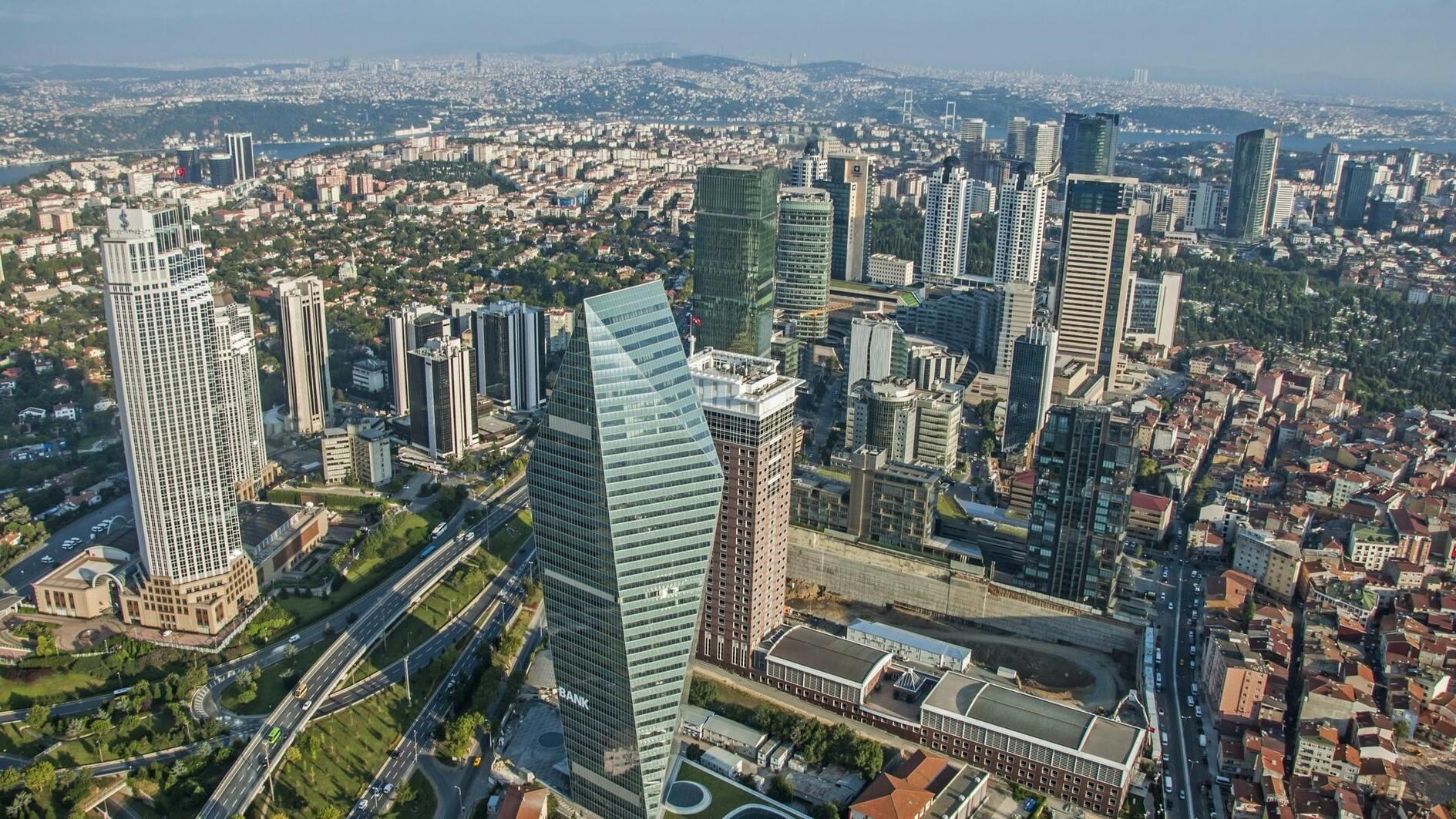Is a political amnesty possible for both Ergenekon and PKK?
The coup-attempt case of Ergenekon has ended with a lot of “rights” and “wrongs” together.
It was right to try nondemocratic attempts to overthrow an elected government, also in order to deter future attempts in Turkey, which had its democracy interrupted with three military coups and interventions. Yet, it was wrong to violate the rights of the accused with over-extended detention periods and defense restrictions against doubtful evidence in the prosecutors’ indictments.
That is why many people do not even question the life sentences and severe punishments of some ill-famed figures like Alparslan Arslan, the murderer of Council of State judge Mustafa Yücel Özbilgin in 2006, or retired Brig. Gen. Veli Küçük, whose name had been involved in a number of cases in the shadows, but question İlker Başbuğ, the retired general who served as the land forces commander and then the chief of General Staff for Prime Minister Tayyip Erdoğan between 2006 and 2010 and journalist Mustafa Balbay as the executives of the “armed terrorist organization” (as the prosecutors call it) Ergenekon, to undermine and put down the government. It is hard to explain why the court released Osman Yıldırım, who was involved in the killing of the judge by Arslan, and gave 12 years to Semih Tufan Gülaltay, who was involved in the armed attack in 1998 against Akın Birdal, then the head of Turkey’s Human Rights Association and gave 22 years to the hot-headed socialist writer Yalçın Küçük and 13 to Kemal Gürüz, the former head of Turkey’s Supreme Education Board.
The cases are likely to go to the Court of Appeals anyway, but it seems at least some of the rulings are not easy to defend and are not sustainable in the conscience of Turkish public opinion.
A scenario has been discussed in and out of Ankara corridors for some time since the outlawed Kurdistan Workers’ Party (PKK) demanded the release of its imprisoned leader, Abdullah Öcalan, as a condition for peace in the contacts with the Turkish government. It is not realistic to expect that Prime Minister Erdoğan would accept anything near that before everything is settled to have a political solution to Turkey’s Kurdish problem. Even at that stage it would be extremely risky for the government to release Öcalan, since nearly 40,000 people were killed during the 30-year-long armed campaign of the PKK. On the other hand it is not realistic to expect the PKK to accept Öcalan staying in jail for life if and when a peace agreement is reached. One has to keep in mind that there are thousands of people in jail houses either being accused or convicted of being a member of the KCK, the popular front of the PKK.
According to the scenario, or rather a thought which is far from being official yet, a political amnesty not only for Öcalan and the PKK prisoners, but for all Ergenekon (and related cases like Balyoz – Sledgehammer) could be possible if a political settlement is reached between the government and the PKK, for which the presidential elections in August 2014 or at most the general elections in 2015 could be a proper occasion for such a social “tabula rasa.”



